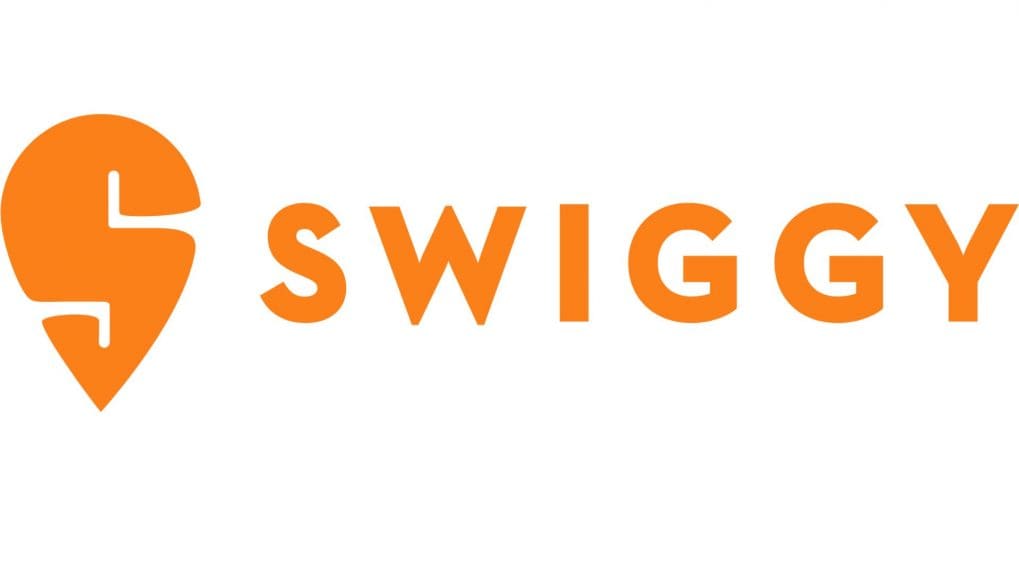Advertising
From Pink Slips to Silent Sidelining: Inside adland’s layoff and anxiety crisis

Swiggy has increased its platform fee to Rs 15 per order, marking the third hike in three weeks and its steepest increase to date. The move comes as the company looks to capitalize on peak festive season demand while shoring up its profitability.
The fee, levied in addition to delivery charges, GST, and restaurant fees, first started at Rs 2 per order in April 2023 and has steadily risen over the past year. During high-demand periods, both Swiggy and rival Zomato experiment with higher fees before rolling them out broadly. The platform fee is dynamic, varying across cities and days depending on order volumes.
At Swiggy’s current 2 million daily orders, the Rs 15 fee could generate up to Rs 3 crore in daily revenue, compared to Rs 2.4 crore when the fee was Rs 12. If sustained, this translates to Rs 216 crore annually, highlighting the growing importance of platform fees as a profitability lever for the firm.
The fee increase comes amid mounting pressure on Swiggy’s financials. In Q1 FY26, the company reported a net loss of Rs 1,197 crore, nearly 96% higher YoY, driven largely by heavy investments in Instamart, its quick commerce unit. Revenue from operations, however, rose 54% YoY to Rs 4,961 crore, up from Rs 3,222 crore a year ago.
Rival Zomato has also increased its platform fee to Rs 12 per order during the festival season. With 2.3–2.5 million daily orders, this could yield an additional Rs 3 crore per day, or Rs 45 crore per quarter. Zomato, like Swiggy, has been actively testing levers to improve profitability, even as it saw its Q1 FY26 net profit drop 90% YoY to Rs 25 crore, though revenue jumped over 70% to Rs 7,167 crore.
From purpose-driven work and narrative-rich brand films to AI-enabled ideas and creator-led collaborations, the awards reflect the full spectrum of modern creativity.
Read MoreLooking ahead to the close of 2025 and into 2026, Sorrell sees technology platforms as the clear winners. He described them as “nation states in their own right”, with market capitalisations that exceed the GDPs of many countries.